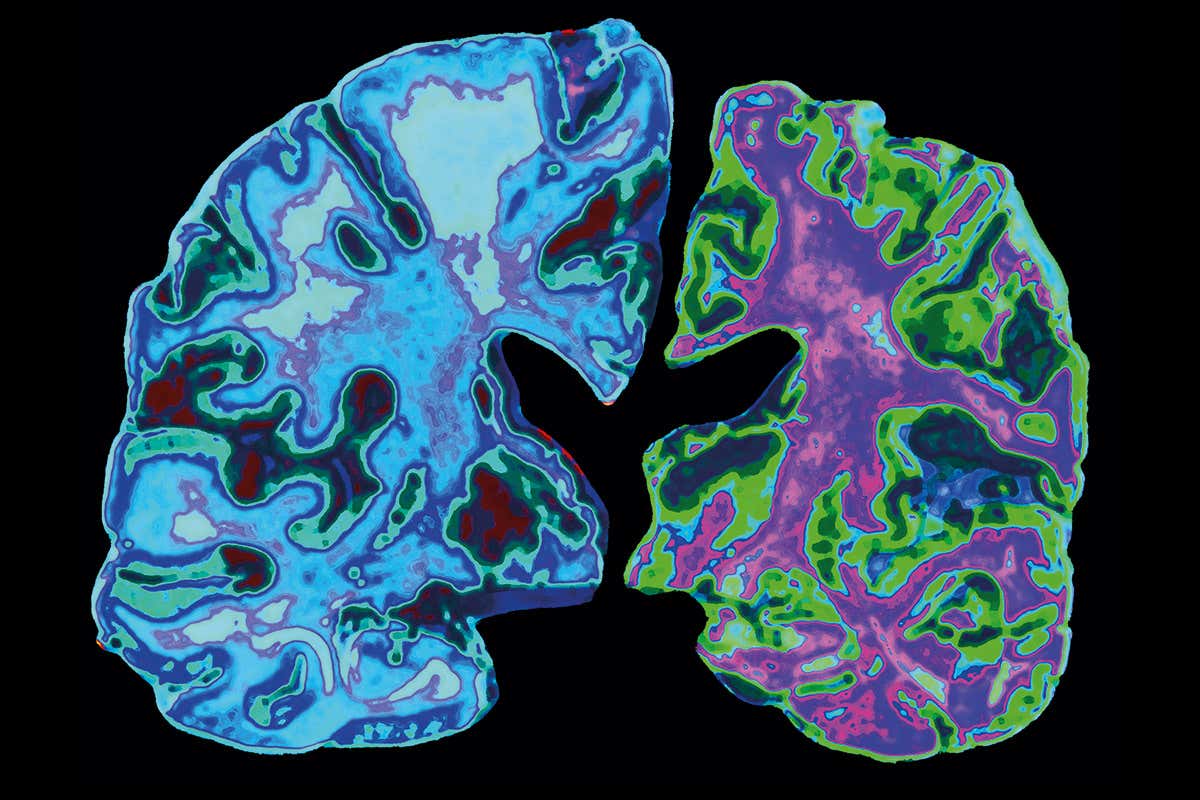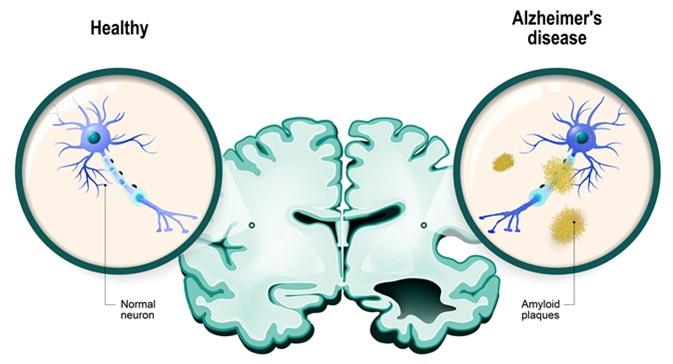
The most important question for those with the disease is what is Alzheimer’s Disease. The symptoms of the disease are very similar to those of a normal senior citizen. People with the condition are unable to complete daily tasks, ask questions over, and get confused easily. These symptoms are often so severe that the patient will spend most of their time in bed. Because of the disease’s effects, the body will gradually shut down.
The brain is a complex organ, and the cells in it function like a factory. They receive supplies, produce energy, and construct equipment. They process information, communicate with other cells, and store memories. These tasks require coordination and a lot of fuel and oxygen. The brain must constantly replenish these vital resources. In Alzheimer’s Disease, these factories break down and the damaged cells lose the ability to perform their jobs. Scientists believe that the brain cells die when the abnormal structures start to form.
The brain contains millions of nerve cells that operate much like factories. They receive supplies and energy, build equipment, and process information. They also interact with other cells. This requires large amounts of oxygen and fuel. But in Alzheimer’s disease, this process is disrupted, and the damaged cells can no longer function properly. During the early stages of the disease, a person with this disorder may still be able to speak, but words will be hard to understand.
When Alzheimer’s disease begins, it starts with small memory loss, such as the inability to recognize friends and family. These symptoms get worse before he or she is unable to reason, write, read, or speak. Because these symptoms are inherited, they are difficult to diagnose and treat, but if they are detected in their early stages, they can be cured. So what is Alzheimer’s Disease? If you have any questions, don’t hesitate to contact the doctors or visit the website below.
In the early stages, people with Alzheimer’s disease have memory lapses more often than healthy people. However, this is normal for aging, as it is inevitable for the brain to slow down with age. As the disease progresses, memory loss becomes more frequent and severe. It is not uncommon for a person to forget things in their early 30s, and they can’t remember simple details. The symptoms of Alzheimer’s disease can be difficult to notice, but if detected early, there is a chance of preventing the disease from progressing.

While it’s possible to identify the symptoms of Alzheimer’s disease, the disease has no cure yet. The treatment of the disease is ongoing and is based on a combination of lifestyle and environmental factors. If detected early, however, the disease will be less aggressive and more likely to be managed. In addition to the medications, Alzheimer’s patients can receive a specialized diet that includes certain nutrients and supplements. This is an essential step in preventing the onset of the condition.
There are no definitive tests for Alzheimer’s disease. There are several tests that can be performed, and doctors will have to rule out any other possible condition. A CT scan, also called a CT scan, uses computer technology and X-rays to produce detailed images of the brain. The results of a CT scan are very different from a normal X-ray. This is why, a doctor needs to check the patient’s symptoms to make an accurate diagnosis.
Many symptoms of the disease are provoked by the mental state of a person. Symptoms of Alzheimer’s disease can be treated with medication. On the author’s medical website นิตยา สุทธิกุล you can find out new information about the treatment and care of a sick person. A person suffering from this disease will need care. The caregiver will need support, encouragement and understanding. As dementia progresses, the caregiver will need to provide care for the patient. This type of care has many benefits, such as strengthening the bond between patient and family.
In the early stages of Alzheimer’s disease, a person suffers from severe cognitive problems. The person will lose self-esteem and the ability to respond to the environment. They will become more dependent on others and experience more symptoms. Although they can still communicate with others, they may need help with this. They also won’t be able to function on their own. They will need the help of family members, friends and professionals.

